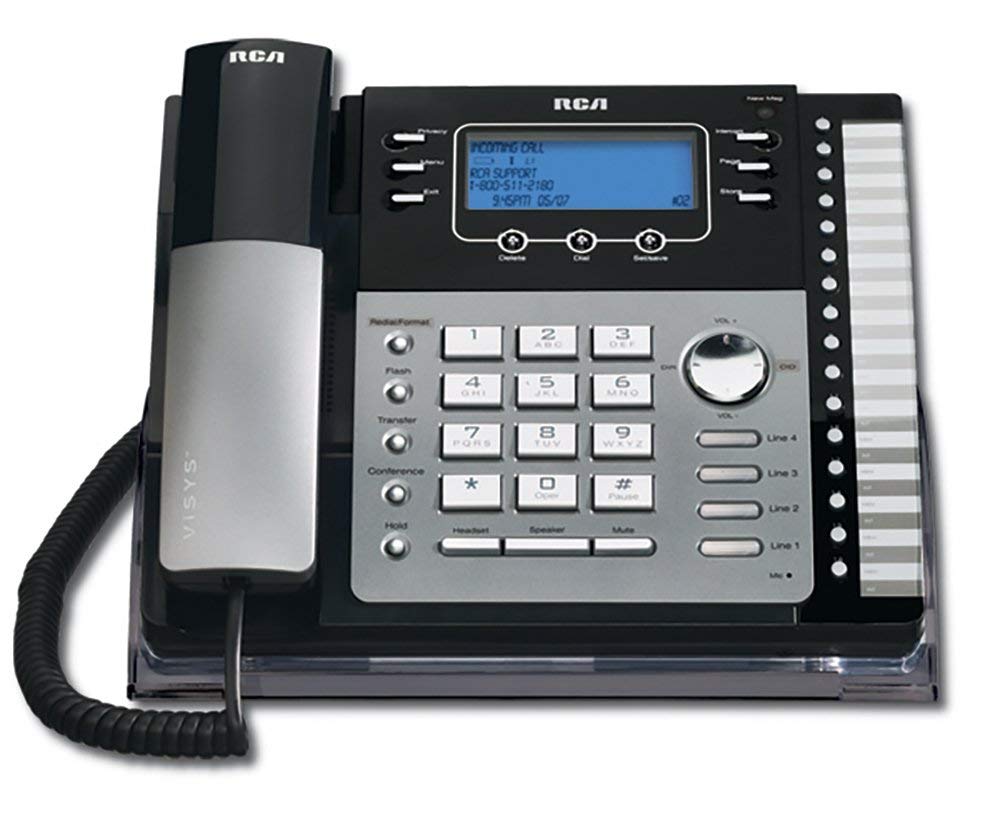Landline Phone Systems Small Offices

Small businesses face a critical juncture as major telecom providers sunset traditional landline services. Owners must act swiftly to transition to new communication systems to avoid disruption.
This shift, driven by the phasing out of Public Switched Telephone Network (PSTN) and Integrated Services Digital Network (ISDN) technologies, necessitates immediate action from businesses still reliant on landlines. The transition promises improved efficiency and cost savings, but requires careful planning and execution to maintain seamless operations.
The Looming Deadline
The dismantling of traditional PSTN and ISDN networks is well underway. Many major providers have already ceased offering new landline services, and complete shutdowns are anticipated in the coming months.
According to a recent survey by the Small Business Administration (SBA), approximately 30% of small businesses still utilize landline systems for their primary phone service. This statistic underscores the urgency for widespread awareness and proactive migration strategies.
Impact on Small Offices
For small offices, the implications of this transition are significant. Landlines often support critical infrastructure, including alarm systems, point-of-sale (POS) terminals, and fax machines.
Failure to adapt can lead to service interruptions, impacting sales, customer communication, and overall business productivity. Furthermore, outdated systems may be more vulnerable to security breaches.
Available Alternatives
Several alternatives to traditional landlines are available, each with its own benefits and drawbacks. Voice over Internet Protocol (VoIP) is emerging as the dominant replacement.
VoIP systems offer flexibility, scalability, and often lower costs than landlines. Other options include cloud-based phone systems and mobile-integrated solutions, offering features such as video conferencing and unified messaging.
Key Considerations for Transition
Choosing the right replacement system requires careful assessment of a business's specific needs. Factors to consider include the number of employees, call volume, required features, and budget.
Businesses should also evaluate the reliability of their internet connection, as VoIP systems rely on a stable broadband connection. Consultation with a reputable telecommunications provider is highly recommended to ensure a smooth transition.
Financial Assistance and Resources
Recognizing the challenges faced by small businesses, some government agencies and private organizations offer resources and financial assistance to support the transition. The Federal Communications Commission (FCC) provides information on available grants and programs.
Local business associations may also offer guidance and resources tailored to the specific needs of their members. Early adoption can lead to significant cost savings and improved operational efficiency.
Act Now to Avoid Disruption
The time to act is now. Small business owners must prioritize the transition away from traditional landlines to avoid potential service disruptions and maintain a competitive edge. Procrastination can lead to costly and disruptive outages.
Contact a qualified telecommunications provider to assess your needs and develop a migration plan. Monitor industry updates and government resources for the latest information and available support.


















